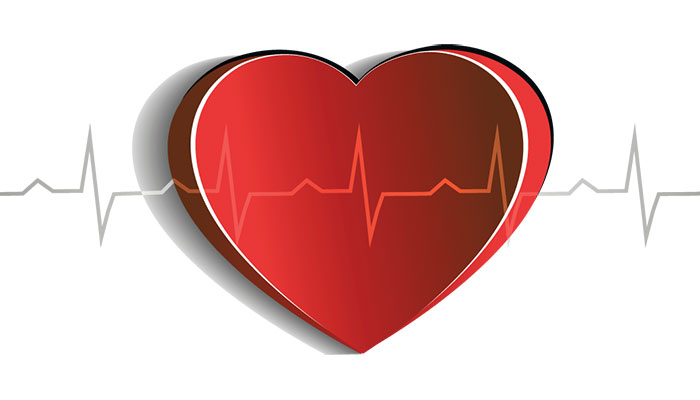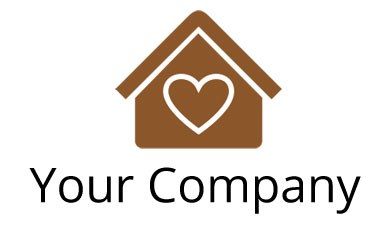
A heart attack is a frightening, life-changing event that affects the entire family.
Emotional reactions. The most common reaction is fear or worry about the possibility of another heart attack. Although those who have had a heart attack are at higher risk for having another, only 18% of heart attack patients actually go back to the hospital in the first month.
Depression is very common. One-third of heart attack survivors experience depression. This can drain the patient of the motivation to follow through with needed medical and lifestyle changes. If you suspect depression in your relative, talk to the doctor. Depression can be treated. Provide support, too, by arranging for pleasurable activities. The goal is to get back to a more normal life (rather than life as a patient). Maybe watching children play at a nearby park or seeing a movie at the theater.
Other emotional reactions include anger or frustration, especially at the beginning, when tasks that used to be easy prove to be difficult or tiring.
Mental reactions. Many patients complain of fuzzy thinking. This usually clears up in time. For the first few weeks after the heart attack, though, don’t expect your relative to buzz through the crossword puzzle.
Common physical reactions include fatigue and shortness of breath, palpitations (a fluttery heart beat), and sleep problems. Don’t hesitate to check in with the doctor if you have questions or concerns.
When to get help. If your loved one experiences the following symptoms, the American Heart Association suggests contacting medical personnel right away:
- Chest pain, tightness, pressure or pain in the arms, neck, jaw, or stomach
- Shortness of breath
- Dizziness
- Pale, sweaty skin
- Very fast or irregular heartbeat
- Nausea and vomiting
- Swelling or pain in the legs
- Sudden, overwhelming fatigue

